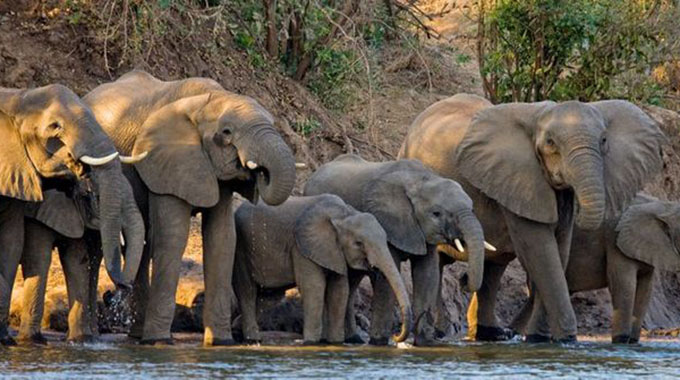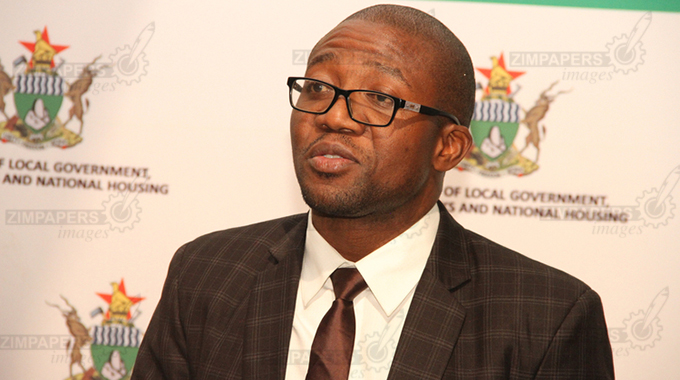Clearing the confusion around the age of consent

Elizabeth Andreya Features Writer
Last week, local child rights organisation Justice for Children launched a publication, “Age of Consent, Sexual Intercourse with Young Persons and Access to Sexual and Reproductive Health Care in Zimbabwe”.
The launch of the publication comes at a time when society is debating issues ranging from age of consent, sexual intercourse between adults and young persons, and access to sexual and reproductive health services.
At the launch, children’s rights lawyer Musa Kika said the publication began as an in-house legal opinion. It then turned into a presentation within Justice for Children for its staff members. The organisation then decided to make it a publication to benefit every sector of society.
Kika said the fact that the law does not penalise consensual sex among minors between 12 to 16 years created a challenge.
This, he said, saw the group being excluded from accessing relevant health services in the false belief that children were being protected from sexual exposure.
“This raises the question of access to contraceptives, termination of pregnancy, and other sexual and reproductive health services,” Kika said.
He added: “Because a child under the age of 16 years cannot consent to sexual intercourse at law, it is then presumed that a child under 16 years does not need contraceptives or other SRHS (sexual reproductive health services), which is a belief that prejudices children.
“Children between 12 and 16 years can among themselves have consensual sexual intercourse without offending any penal provision.”
Kika added that the current debate on the age of consent was complicated.
“The debate on age of consent is not simple. Therefore, for it to bear fruit, the discourse must be evidence based, founded on practical realities and experiences of children in our society.
“This means that children should be included during the discussion on these issues and on law making process,” he said.
Over the past few months Zimbabwe’s social media has benn on fire.
Debate has been raging on social media platforms after news filtered from a workshop held in March by the Parliamentary Portfolio Committee on Health and Child Care in Kadoma that during debate, parliamentarians were pushing for the reduction of the age of sexual consent from 16 to 12 years.
Age of sexual consent is the stage at which an individual is considered legally old enough to consent to participation in sexual activity.
Currently, there is no legislation that specifies the age limit below which parental consent is required to receive sexual and reproductive health services in general.
Section 71 and (61) of the Criminal Law (Codification and Reform) Act must be read together in order to derive the age of consent.
Section 61(1) defines a young person as a boy or girl under the age of 16. Chapter 70 then makes it a criminal offence to have consensual sexual intercourse or perform indecent acts with a young person, which makes 16 the age of consent in Zimbabwe.
However, the introduction of Section 78 of the Constitution of Zimbabwe prohibited the marriage of anyone below the age of 18 years (to marry and be married) which makes some inconsistencies in the law on the exact age of consent.
In March the Government said it had completed the alignment of the Marriages and Child Justice Bills.
The Bill is expected to remove contradictions in statutes where the age of consent is 16 years and yet the age allowable by law for one to get married is 18 years.
The Child Justice Bill seeks to provide separate legislation that is solely promulgated to provide for a juvenile justice system.
As the lawyers are calling for the alignment of the legal framework that can protect the child, the children should also have their voice in the law-making process concerning their protection and rights.
During the book launch, a representative from SRHR Africa Trust previously known as Southern African AIDS Trust (SAT) urged the Government to enable access to sexual reproductive health services to young persons.
The SAT representative said although 16 is the age at which someone can consent to sex in Zimbabwe, the reality is that many adolescents are sexually active before they are 16.
As such, the Government must act to ensure that they can access the services and advice they need to help safeguard their health and their future










Comments